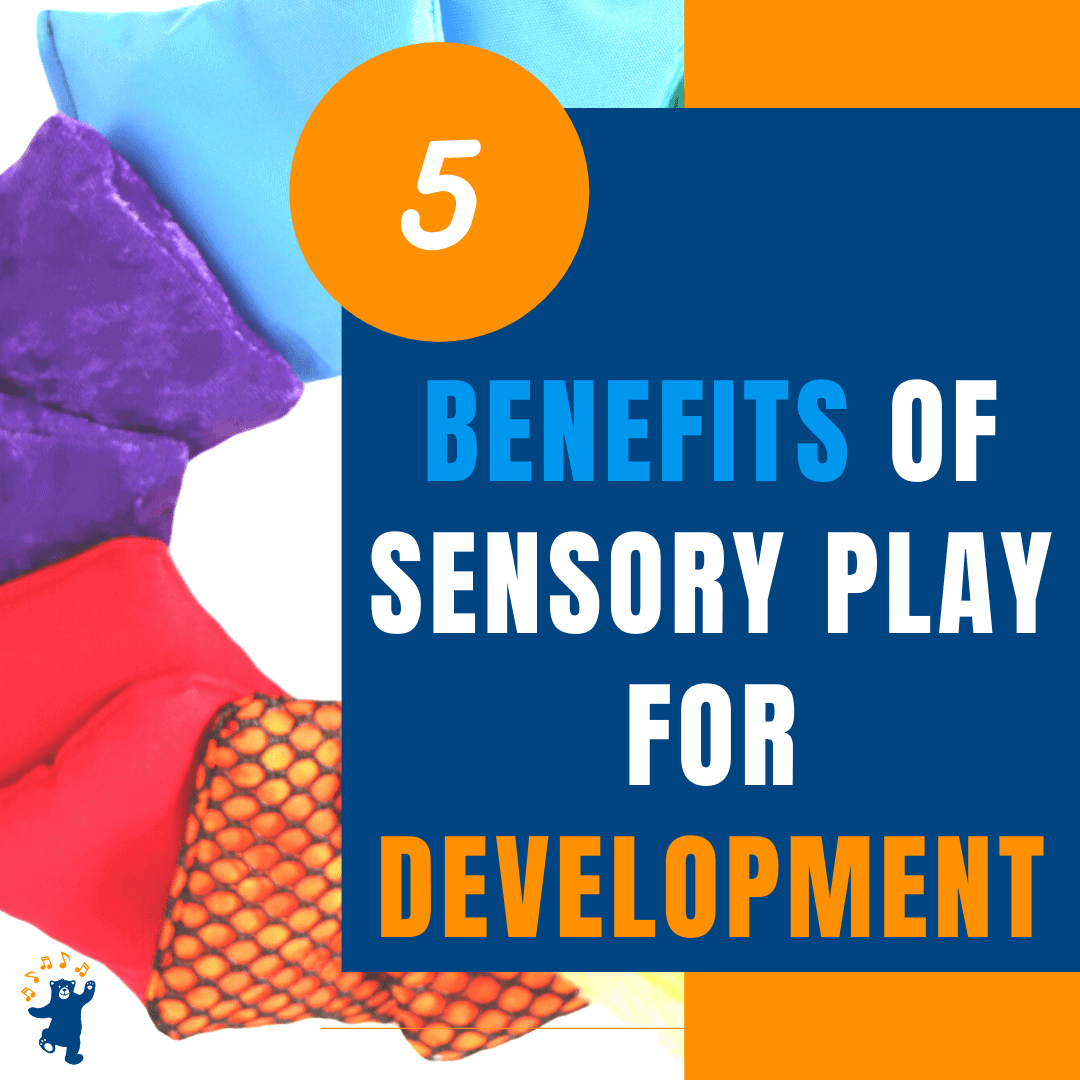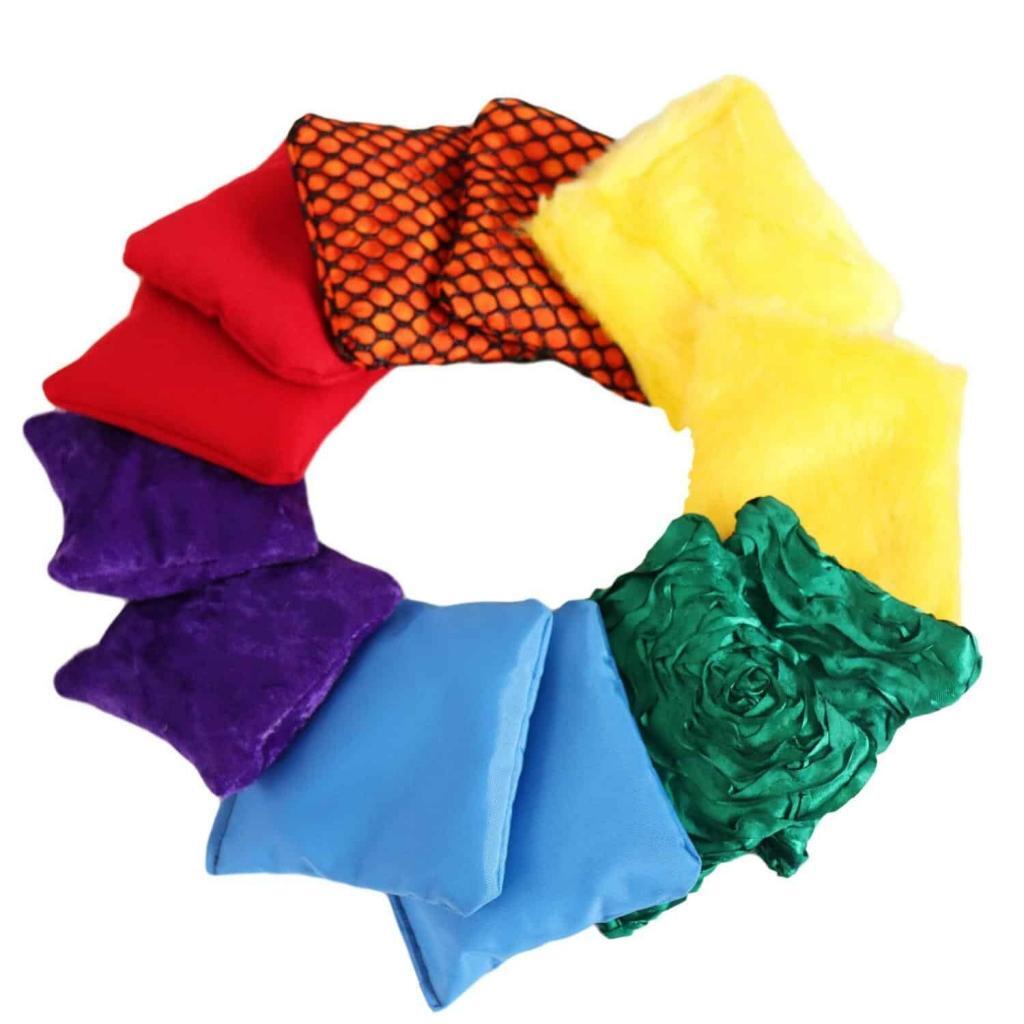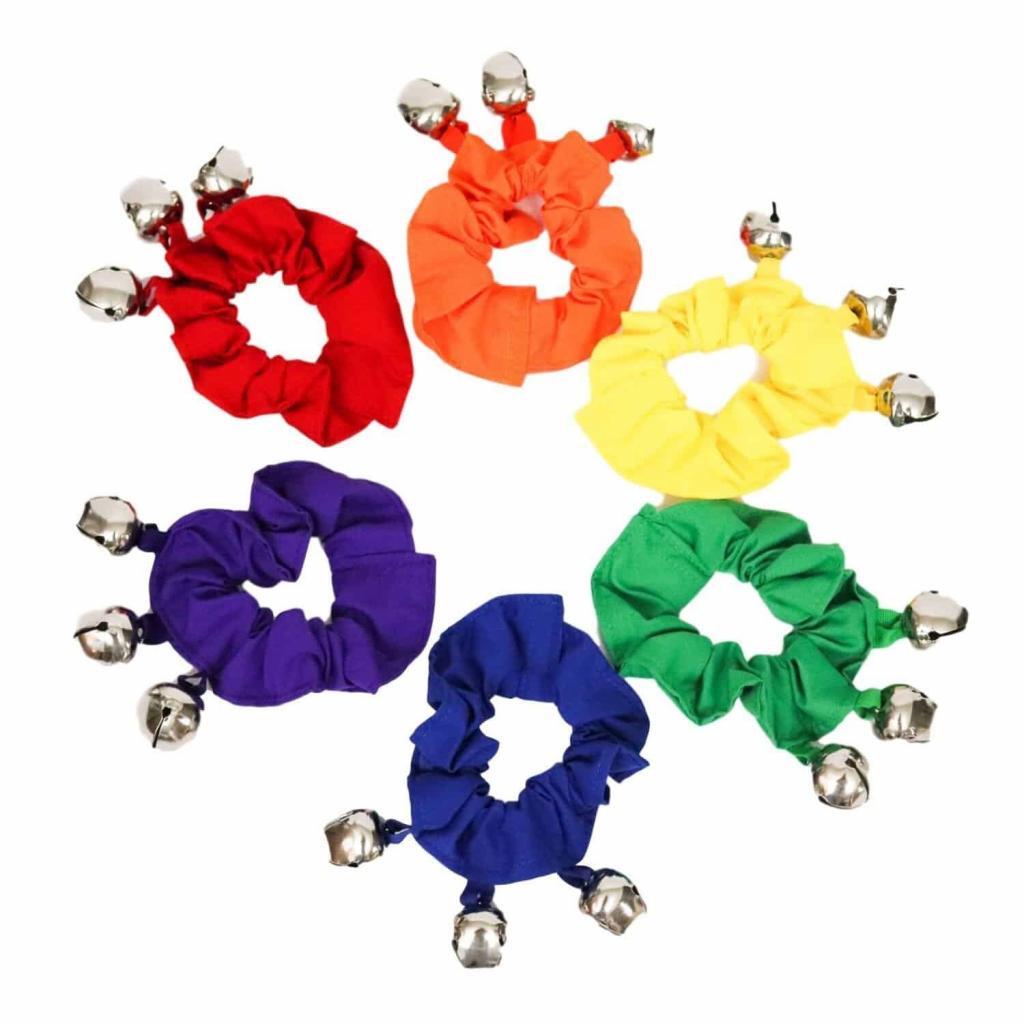5 Benefits Of Sensory Play For Development
The Benefits Of Sensory Play Are Huge
Whether we are talking about a young child or kiddo with a developmental delay sensory play is a huge benefit to their overall development.
Many parents are stunned when they see their child playing with a sensory bin for the first time. The same child who runs from activity to activity after only seconds of involvement is suddenly thoroughly captivated for 15 minutes or more.
I love how Sharla from The Chaos and the Clutter says it best…
“Your child is not able to tell you when their sensory needs are not being met, but when they encounter an activity that fills that void for them, they know immediately that it is something they need to be doing.”

The Developmental Benefits Of Sensory Play Are Amazing
Whether we are talking about a young child or kiddo with a developmental delay, sensory play is a huge benefit to their overall development.
Sensory Play Stimulates Almost Every Area Of Development
From the brain and all of its functions to motor skills and language, Sensory Play makes an impact in a big way.
Toddlers and preschoolers are naturally making big leaps in their development and humans are wired to learn with all their senses. All kinds of sensory play are beneficial to stimulating learning and forming connections between mind and body.
Individuals with Sensory Processing Disorder (which is common on the autism spectrum as well as ADHD diagnosis’) are another group that benefits tremendously from sensory experiences.
So what is sensory play?
Sensory play includes any activity that stimulates your young child’s senses: touch, smell, taste, movement, balance, sight, and hearing.
(source: Educational Playcare website)
Sensory play includes, but isn’t limited to, sensory bins, sensory bags, and sensory bottles. Basically, it includes any activity that stimulates one or more of the senses.
This is why we created our textured bean bags, click here to read more about them and get some for your kids
So What Are The Benefits Of Sensory Play?
1. Sensory activities build nerve connections in the brain
As humans, we are wired to form connections in the brain through sensory input. The more sensory experiences we have, the stronger those connections become.
2. Sensory play encourages the development of motor skills
Motor skills are developed and strengthened by repetitive motion. So, activities like scooping (a common movement when playing in a sensory bin) are reinforcing and developing those fine motor skills and strengthening the muscles they use.
3. Sensory play activities support language development
Seeing, hearing, touching, tasting, and smelling are all ways children learn to think, feel and compare their environment and the objects within it. Using their senses to play helps them identify words with experiences. This is especially true of descriptive words.
Our Jingle Bell Writst Scrunchies are an excellent example of auditory stimulation
4. Problem-solving is strengthened through sensory activities
Problem solving, science, math, inquiry, estimating, cause and effect are all skill areas that are strengthened through sensory bin play
5. Sensory Play encourages focus and attention.
Many kiddos who struggle with focusing on a task will naturally give their whole attention to a sensory bin! The combination of multiple sensory inputs plus the fulfillment of their sensory needs results in greater attention and focus. The strengthening of their attention is then a benefit in other areas, too.
For even more on sensory play and movement props read movement props and sensory integration
Taking advantage of sensory play’s many benefits
There you have it, 5 amazing developmental benefits of sensory play.
Here is a great article to get you started with sensory bins, bottles, and bags to capture all those benefits!



